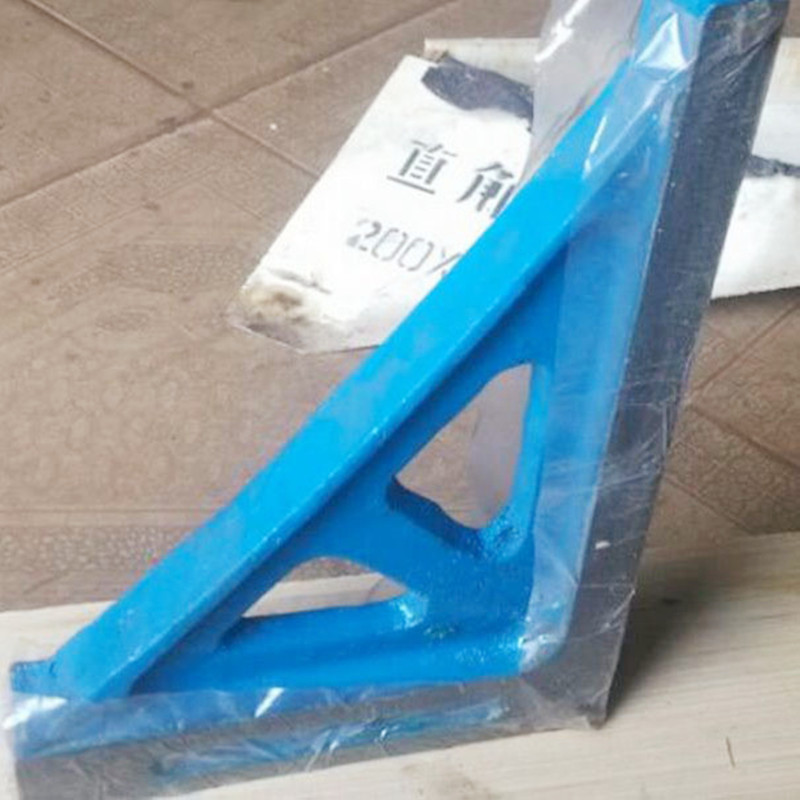Dec . 07, 2024 13:30 Back to list
what is water valve
Understanding Water Valves Essential Components for Fluid Control
Water valves are crucial devices in the management and control of water flow in various systems, ranging from residential plumbing to complex industrial applications. They play a vital role in regulating water pressure, initiating or stopping water flow, and ensuring the efficient operation of water distribution systems. This article will explore what water valves are, their components, types, functions, and their significance in everyday life.
What is a Water Valve?
At its most basic level, a water valve is a mechanical device that regulates the flow of water in a piping system. It can open, close, or partially obstruct the flow of water, allowing for various operational controls. Water valves are available in numerous sizes and materials, ensuring they can be used in both residential and commercial environments to meet specific needs.
Components of Water Valves
Water valves typically consist of several key components
1. Body The main part of the valve that houses the internal elements and provides the framework for attachment to piping. 2. Ball or Disk The mechanism that either blocks or allows water to pass through. In a ball valve, a spherical object rotates to control flow, while in a gate valve, a flat disk moves up and down. 3. Seat The surface against which the ball or disk seals when the valve is closed, ensuring no water passes through. 4. Stem The part of the valve that connects the external handle or actuator to the internal mechanism, facilitating operation. 5. Handle or Actuator The external mechanism used to operate the valve manually or automatically.
Types of Water Valves
There are several different types of water valves, each designed for specific applications and functions. Some of the most common types include
1. Gate Valve Ideal for on/off service, a gate valve allows full flow with minimal pressure drop. It is not recommended for throttling applications, as the disk can become damaged if partially opened. 2. Ball Valve Known for its durability and ability to provide tight seals, ball valves are versatile and suitable for both on/off control and throttling. They are particularly popular in applications where quick shut-off is essential.
3. Globe Valve This type of valve is used for regulating flow with greater precision. Its design allows for better throttling capabilities, making it ideal for applications where flow control is critical.
what is water valve

4. Check Valve A one-way valve that prevents backflow, ensuring that water flows in only one direction. This is crucial for protecting pumps and other equipment from damage caused by backpressure.
5. Pressure Relief Valve Used in systems that require pressure regulation, these valves automatically release pressure when it exceeds a predetermined level, preventing potential hazards associated with overpressurized systems.
Functions of Water Valves
Water valves serve multiple functions in plumbing systems and industrial applications, including
- Flow Control The primary function of any water valve is to control the flow of water. This is vital in irrigation systems, municipal water supply, and wastewater treatment facilities.
- Pressure Regulation Valves help maintain desired pressure levels within a system, ensuring safe and efficient operation of pumps and pipelines.
- Isolation Valves allow sections of a system to be isolated for maintenance or repair without disrupting the entire network. This is particularly important in large industrial setups.
- Safety In emergency situations, water valves play a critical role in managing water flow, preventing flooding, and protecting infrastructure.
Conclusion
In summary, water valves are essential components in the management and control of water flow across various applications. Their ability to regulate flow, maintain pressure, and ensure safety makes them indispensable in both residential and industrial systems. Understanding the different types of water valves and their functions can aid in selecting the right valve for specific needs, ensuring efficient and reliable operation. Whether in a household plumbing system or a complex industrial setup, water valves contribute significantly to the overall functionality and safety of fluid control systems.
-
thread-plug-gauge-our-promise-of-measurement-excellenceNewsAug.22,2025
-
gauge-pin-class-reflecting-quality-legacyNewsAug.22,2025
-
check-valve-types-for-high-rise-buildingsNewsAug.22,2025
-
water-control-valve-for-irrigation-systemsNewsAug.22,2025
-
gate-valve-with-soft-seal-technologyNewsAug.22,2025
-
y-type-strainer-for-oil-and-gas-applicationsNewsAug.22,2025
Related PRODUCTS









